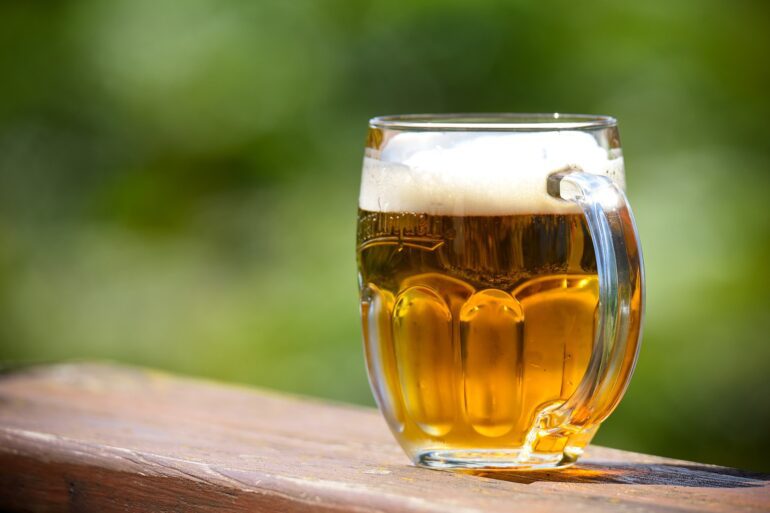- Prof Kevin Verstrepen and team utilize AI to enhance Belgian beer, focusing on aroma perception.
- Analysis of 250 beers across 22 styles reveals complex relationships among chemical compounds.
- Tasting panel and online reviews provide crucial feedback for predictive models.
- Minor chemical alterations significantly impact beer perception, leading to improved ratings.
- Despite AI advancements, the role of skilled brewers remains essential in implementing changes.
Main AI News:
Artificial intelligence (AI) continues to revolutionize various industries, and now, researchers are leveraging its power to enhance the already esteemed realm of Belgian beer. Led by Prof Kevin Verstrepen of KU Leuven University, this groundbreaking research aims to unravel the intricate relationships influencing human aroma perception in beer.
Verstrepen highlights the complexity of beer’s aroma composition, emphasizing how numerous molecules interact to create a unified sensory experience. Through meticulous analysis of 250 Belgian beers spanning 22 styles, including lagers, fruit beers, blonds, and ales, researchers delved into properties like alcohol content, pH levels, sugar concentration, and over 200 flavor-related compounds.
Their methodology also incorporated feedback from a tasting panel of 16 individuals, who meticulously evaluated 50 attributes of each beer over a three-year period. Furthermore, leveraging data from online consumer reviews, the researchers discovered significant correlations between sensory attributes and consumer preferences.
Surprisingly, the study unveiled that minor alterations in chemical concentrations could significantly impact beer perception. Leveraging machine learning, the team constructed predictive models to anticipate a beer’s taste and overall appreciation based on its composition. By integrating these findings, they successfully enhanced both alcoholic and non-alcoholic beers, eliciting improved ratings across various parameters.
While these AI models offer promising avenues for beer optimization, Verstrepen emphasizes that the artistry of brewing remains paramount. Brewers play a crucial role in translating AI-driven insights into tangible brewing practices, ensuring a harmonious blend of tradition and innovation.
This innovative fusion of AI and brewing science heralds a new era of beer production, promising heightened sensory experiences while preserving the rich heritage of Belgian brewing traditions.
Conclusion:
The integration of AI into beer brewing processes signifies a significant shift in the industry, promising heightened sensory experiences and improved product quality. While AI-driven insights offer valuable optimization opportunities, traditional brewing expertise remains indispensable for translating these advancements into tangible outcomes. As consumer preferences continue to evolve, breweries embracing this innovative approach stand poised to gain a competitive edge in the market by delivering superior products tailored to modern tastes.

